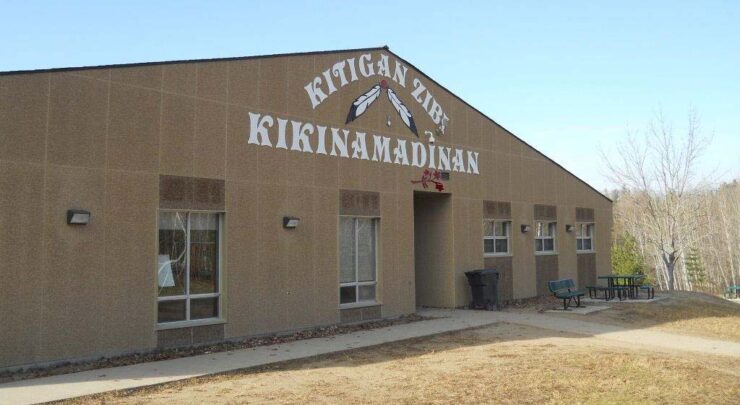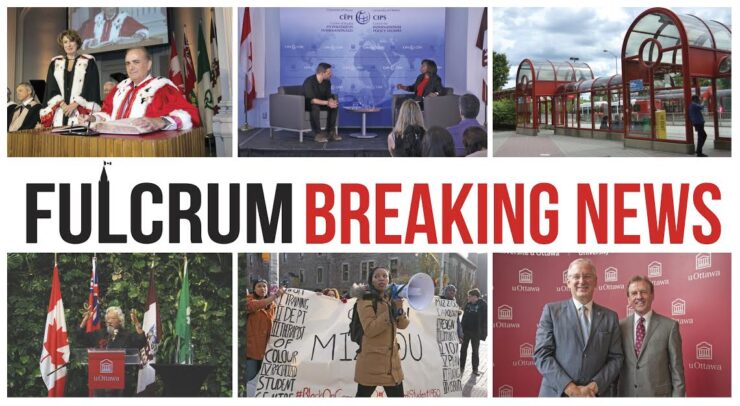Grant to support Cameron’s research for one year, including two-day symposium
This August, University of Ottawa law professor, Angela Cameron, received a grant to research the shortcomings of Canada’s National Inquiry into Missing and Murdered Indigenous Women and Girls (MMIWG) and recommend future steps.
The Social Sciences and Humanities Research Council (SSHRC) Partnership Engage Grant totals $25,000, and will support Cameron’s research for one year. To apply for the grant, Cameron partnered with the Canadian Feminist Alliance for International Action (FAFIA), of which she is the co-chair, and Suzie Dunn, a part- time professor at the Faculty of Law, a PhD student in law, and Cameron’s co-chair of the FAFIA.
The grant will be dedicated to Cameron’s study, “A Feminist and Indigenous Examination of the National Inquiry: Lessons and Next Steps,” which aims to engage members of Indigenous communities and civil society organizations in conversation surrounding the Inquiry.
Cameron’s research is in part due to the intense disapproval the Inquiry has garnered since its establishment. Criticism has included poor social policy and policing, mismanagement, a failure to support survivors and victims’ families, and a lack of communication both internally and with the general public.
“We’ve heard different reviews, directly from families, about the way they (the Inquiry) has communicated with family members,” Dunn said.
For Dunn, “when you think of this crisis it’s so much more than the collection of individual stories, this is looking at the way that Indigenous women have been marginalized and the way that they have been segregated from society.”
“The way that they have, in many ways, been considered disposable and that the violence against them hasn’t been addressed adequately by many government institutions, including the police,” she said.
Cameron and Dunn’s research includes a two-day symposium in November of this year, where around 30 Indigenous women and human rights experts will present their concerns with the Inquiry, discuss improvements, and make recommendations for next steps.
In an interview with the Fulcrum, Dunn explained, “part of the symposium is to examine the work done by the Inquiry so far, but also think about next steps once the Inquiry is over … of course, the crisis doesn’t end with the Inquiry.”
A select number of U of O students will be attending the symposium in order to interview Indigenous women and other attendees. With this research, the students will be writing short stories for bloggingforequality.ca, a blog that Cameron runs.
Following the symposium, FAFIA will host a public cafe to invite the public to view and discuss the research findings. More information about the symposium will be made available on FAFIA’s website in the coming weeks.





